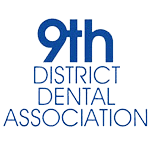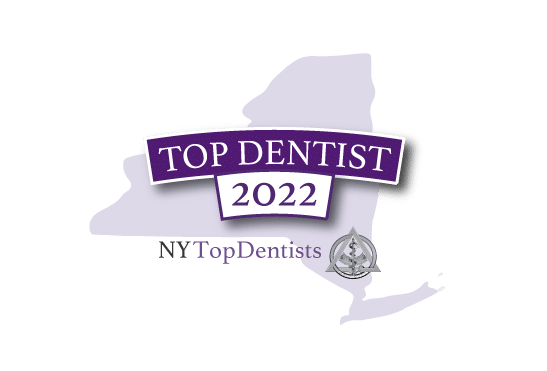
Comprehensive Dental Treatments
Wisdom Teeth Removal
This procedure is most common amongst patients ages 16-22. Teenagers and adults may experience complications with their wisdom teeth, leading to the need to extract some or all wisdom teeth. At Northern Westchester Dental Care, we highly suggest scheduling a consultation with one of our highly skilled oral surgeons to discuss treatment, sedation options, and recovery.
Root Canal Treatment
Root canals, or endodontic treatment, save millions of teeth every year.
“Root Canal” often has negative connotations; however, the procedure is typically very comfortable for the patient. A root canal treatment is most often necessary when the nerve tissue inside the tooth is infected. The infection can cause the nerve to die or be on its way to dying.
Medically Complex Patients
The mouth is often referred to as the “gateway” to the body. Many systemic diseases manifest themselves in the mouth first, and many diseases have oral symptoms, including Crohn’s Disease, leukemia, diabetes, and HIV. Early diagnosis and treatment are vital in managing these conditions.
Understanding the causes and treatments can be life-changing. Increasingly, prescribed medication has oral implications. Dry mouth and candida are two examples of drug-induced symptoms in the mouth.











